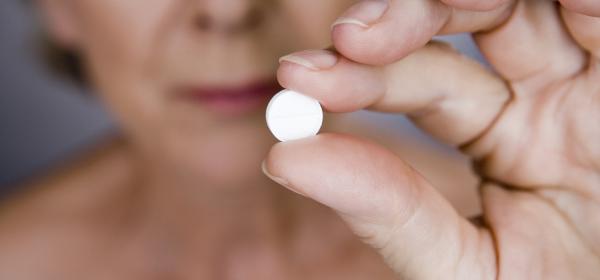Safe, reliable generic prescription drugs enable Americans to save money at the pharmacy counter. The government saves big, too, on medicine for seniors and low-income people. In 2017, overall savings came to $265 billion.
AAM’s annual generic drug savings and access report presents the independent findings of IQVIA regarding the savings that our companies bring about, including savings by state.
The State of Georgia, for example, enjoyed $8.5 billion in savings on generics, $4.4 billion of that from patients with commercial insurance. Medicare and Medicaid savings in the Peach State were $2.7 billion and $896 million, respectively, while non-insured patients who paid cash saved $498 million.
Abandonment Rate
Another variable that our report measures is “abandonment” — the frequency of patients bringing or calling prescriptions to the pharmacy but not collecting the medicines. In Georgia, patients abandon their brand-name prescriptions 24.49 percent of the time, compared to only 9.17 percent for generics.
Medicare and Medicaid
Kentucky’s savings on generics came to $5.7 billion, $2.1 billion of that from patients with commercial insurance. Medicare and Medicaid savings in the Bluegrass State were $1.8 billion and $1.4 billion, respectively, while non-insured patients who paid cash saved $276 million. The abandonment rate for brand-name prescriptions in Kentucky was 23.28 percent, but only 8.51 percent for generics.
What about Virginia?
Generic prescription drugs saved the Old Dominion (a moniker given by King Charles II in recognition of Virginia’s loyalty to the Crown) $6.3 billion in 2017. Of that, $3.7 billion came from patients with commercial insurance. Medicare and Medicaid savings in Virginia were $1.7 billion and $564 million, respectively, while non-insured patients who paid cash saved $288 million. The abandonment rate for brand-name prescriptions in Virginia was 22.73 percent, but only 8.3 percent for generics.
One final destination on this tour—Washington, D.C.
Generic prescription drugs saved our nation’s capital (and not technically a state) $747 million in 2017. Of that, $373 million came from patients with commercial insurance. Medicare and Medicaid savings in the District were $188 million and $161 million, respectively, while non-insured patients who paid cash saved $26 million. The abandonment rate for brand-name prescriptions in D.C. was 21.3 percent, compared to just 8.71 percent for generics.

By Brett Michelin, AAM’s Director, State Government Affairs

